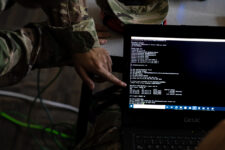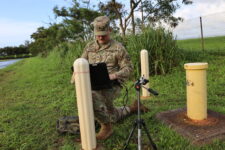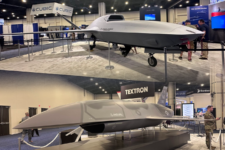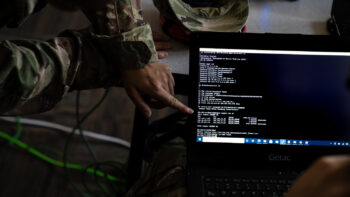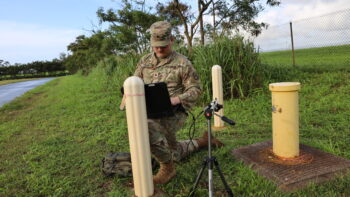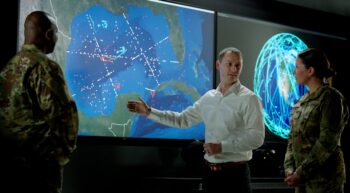
CAPITOL HILL: Reporters and congressional staff members share a number of traits and interests; one of the most binding is their love for reports by the Defense Department. The staff like reports because the Pentagon has to provide detailed answers and recommendations. That lets them go to their boss and say, “See. DoD admits what we thought all along” or similar. And they can use reports to shape and justify legislation.
Reporters, of course, love reports because they are official reports that, if we’re lucky, address tough issues and provide facts, figures and policy analysis that we can write wise and trenchant stories about.
So when the House Armed Services emerging threats and capabilities subcommittee issued its draft bill I was shocked, shocked to see that no reports were called for. Instead, the subcommittee pretty much wants a few “briefings.” The most interesting series will probably be the quarterly ones they receive on “significant military cyberspace operations” carried out by the Pentagon.
Now Chairman Rep. Mac Thornberry’s subcommittee did require a report, “a comprehensive assessment regarding three-dimensional integrated manufacturing capacity” to serve U.S. national interests. At the end of this afternoon’s markup I asked Thornberry why his mark included so few reports. The usually cautious member, who also sits on the House Permanent Select Committee on Intelligence, got quite voluble and said he had directed his staff to omit reports unless they were absolutely necessary to force the Pentagon to take a position or provide information.
Thornberry said he preferred to avoid them in the interests of cost and speed. Pentagon reports, especially controversial or really important ones, tend to languish in the halls of the big building across the river. We all know it’s not because the Pentagon doesn’t want to do these reports — which are required by law. It’s because they are so darn busy across the river doing slightly more important things like running today’s wars and preparing for the next ones.
During today’s markup, Thornberry did mention one interesting tidbit. Special Operations Command was the only one allowed to submit an unfunded requirements list to Congress. I asked him after the markup if he could discuss some of the requests. Sadly, he couldn’t remember which ones were classified and which weren’t. We look forward to the details.
Space Force celebrates 5th anniversary at growing Spacepower Conference
Our latest eBook offers updates on the Space Force and SPACECOM, showcasing the latest tech, and the challenges of modern space operations.

